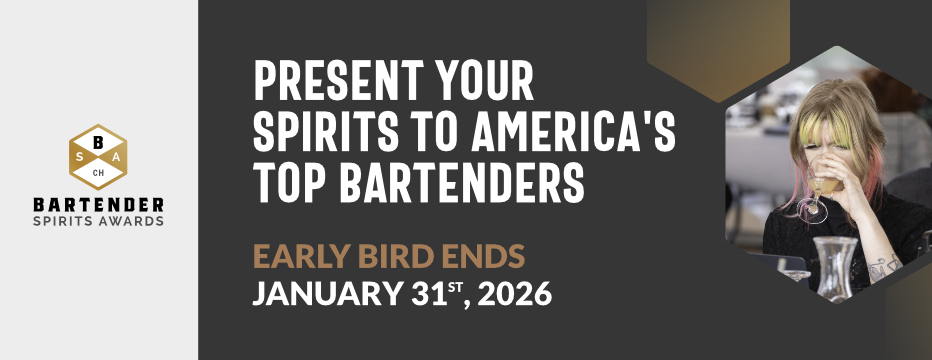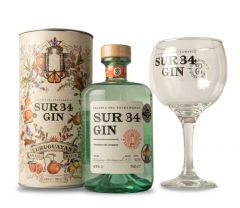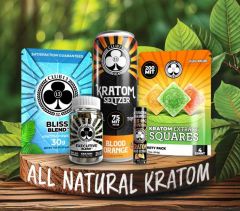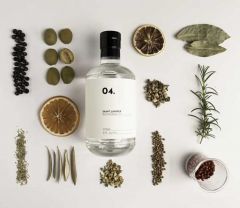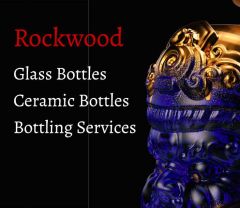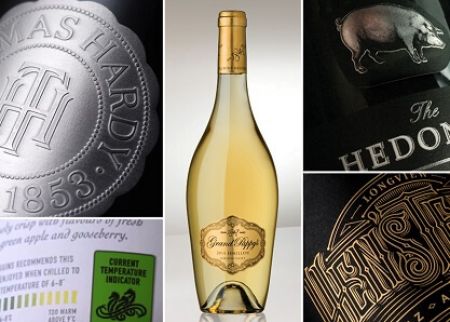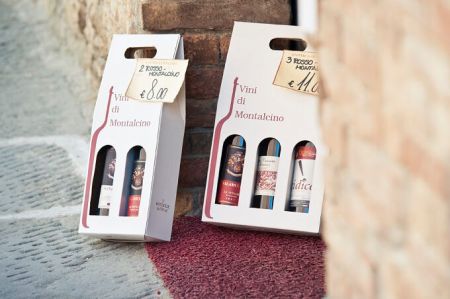Sommeliers Choice Awards 2025 Winners
How You Can Grow Your Brand Through The Bartender Or Sommelier
Bartenders today have a remarkable influence on what people are drinking and therefore what is stocked behind the bar. They can be called mixologists, artists, makers or cocktologists.

Today’s consumers have a want for uniqueness, for artisanal cocktail offerings, bespoke created with carefully curated, high-quality ingredients and a menu that offers this can put a restaurant on the map. The influencers spearheading this movement of the maker culture are a cadre of well-versed, original and in-demand bartenders and their cocktail card is poised to satiate their patrons’ craving for distinctive and delectable drinks.
How Do You Make Sure That Your Spirits Are Always Near The Bartender's Grasp?
Know your products. Be the Brand.
The market of spirits is a competitive one, and it is important to develop a branding strategy that distinguishes your product from others. With craft cocktails in demand, new producers get an opportunity to create a marketing model that is adaptable to the buyers’ needs and well-established suppliers get the chance to rejuvenate their branding strategy.
Whether you or your reps are doing the pitching, ensure that each individual is intimately familiar with the products that they are putting on offer. You can increase your chances of success by providing training programs on how your brand image and the tasting profiles of your brand can create different styles of potential cocktail programs.
By using syrups, bitters, herbs and locally sourced foods, make your spirits stand out with irreplaceable and distinctive flavor in various cocktails. Consider engaging a professional mixologist who has experience in developing successful and creative cocktail programs. They can identify how to present your brand in the best light, emphasize it’s unique flavor and provide invaluable insights on how to successfully apply your products in the context of the real world.
While the bartender is already an expert with mixing your brands of whiskey, gin, tequila or rum, a sales rep team who is well-versed with the art of mixing drinks will establish an understanding, mutual respect and a long-term affiliation with the bartending team.
Knowing your products is just the first part, the real deal is being passionate about the products you are offering. It is this passion that will ignite the bartender or bar owner’s interest and show through when they offer your products to their customers. This role must be fulfilled by the sales rep, brand ambassador or the owners of the brand themselves.
Know the account
The pitch made to a prospective on-premise account has to be relevant to be successful. To be able to do this, one has to do the groundwork before setting up a meeting. Research the account in detail – know their food and cocktail menus, the history of the hotel, club, restaurant or bar, who the owners are, the history, ambiance and regular patrons.
Take this into account and match up sales reps to accounts according to their personality. The account will be able to identify better with the sales reps and see them as an extension of the values and interests that they work so hard to represent through their premises. Since every establishment has its unique characteristics, the sales reps must approach it keeping these factors in mind.
As it is not possible for the restaurant or bar owner to buy all your products at once, it is not a good idea to pitch them everything in your toolbox. Examine their menu, find a gap and see where you can fulfill a need. Are you able to create a similar tasting cocktail with a lower priced product? Do you have a new product that competitors are serving? Is a new drink recipe or brand a hit at club venues? In what way can you add value to their cocktail menu? This shows the buyer that you have taken the time to understand their requirements and are offering them something that will enhance their cocktail offerings.
All spirits do not belong in all premises, no matter how good the quality or packaging of a spirits brand is. Therefore, offering the perfect mix of products to a restaurant or bar is a great start, one that you can build on as you develop a long-standing relationship with the account.
Make the bartender your best friend
The head bartender or sommelier at the account definitely plays a strong role in designing the cocktail menu and set up a meeting with them will not go unnoticed. They may not be the primary buyer, but meeting and discussing the menu and your products with them shows that you have a difference for the role they play in the industry and at the account that they work at. In the end, it is this vital connection that you have made with the bartender that will move those cases. Bartenders also have an influence over other bartenders and their opinions of your products, so making sure that you are in their good books will go a long way for you.
Bartenders do spend a lot of time with people and know what they want. They have a pulse on market trends. So, pick their brains and ask for their opinions. After a sale has been made, ask the bartender how they use your product. How is it served best, have they created cocktail recipes with your product, is it served as shots? How do their customers like to drink your product? This knowledge will help you create an identity around your brand that you can use with your accounts.
The importance of great quality and applicability of your spirits cannot be overstated, and forging a long-standing working relationship with your clients is equally significant.
Sample your product in a pleasant and sociable setting with the buyer and mixologist.
Without forcing your opinion on them or even trying to get a conclusive answer from them instantaneously, let buyers arrive at a conclusion about the characteristics of the product by themselves as you deliver your pitch. Gain an understanding of the cocktails they are already creating before proffering your cocktail recipe suggestions, allowing the conversation to flow naturally. Pushing for a sale will not leave you with a satisfied customer, so it is important to understand their existing menu and offer products that will augment their cocktail offering. Preparing well beforehand will ensure that the products that the sales rep is offering during the pitch will hit the right notes with the buyer.
Be Generous
Don’t treat the sale as a one-time visit, visit the account regularly as you do your rounds. The sales team should call on the account not only when sales are down, but also as regulars so they are familiar with the entire staff. It is the sense of personal relationship built with bartenders and staff that goes a long way in ensuring that your brand is part of their vision.
Go the extra mile. This may translate into actions like small deliveries, fulfilling a request for deliveries on short notice or out of hours.
Customer service is key. If your customer has a request, try to accommodate it. Most customers play within the boundaries and make special requests only if a situation asks for it.
Be generous with not just your product, but your time, your knowledge and your passion. Samples are always appreciated and used well by bartenders, so share these free when you are privy to them. Apart from this, spare your time unreservedly with team members working on the account.
Although wait staff members and bartenders move on from the current restaurant or bar that they work at, if they come to believe in and appreciate your products, they will be sure to recommend them for their next job.
By building genuine personal relationships, you will have a group of unofficial ambassadors that will promote your products and you can leverage these, both in the trade and with consumers.



